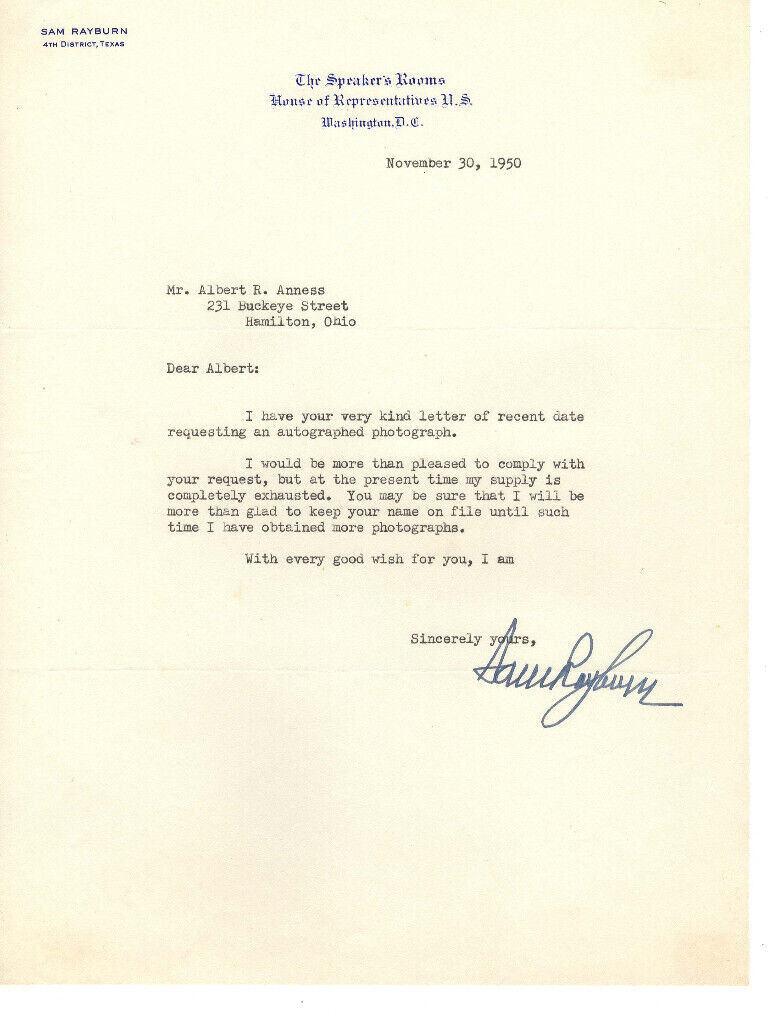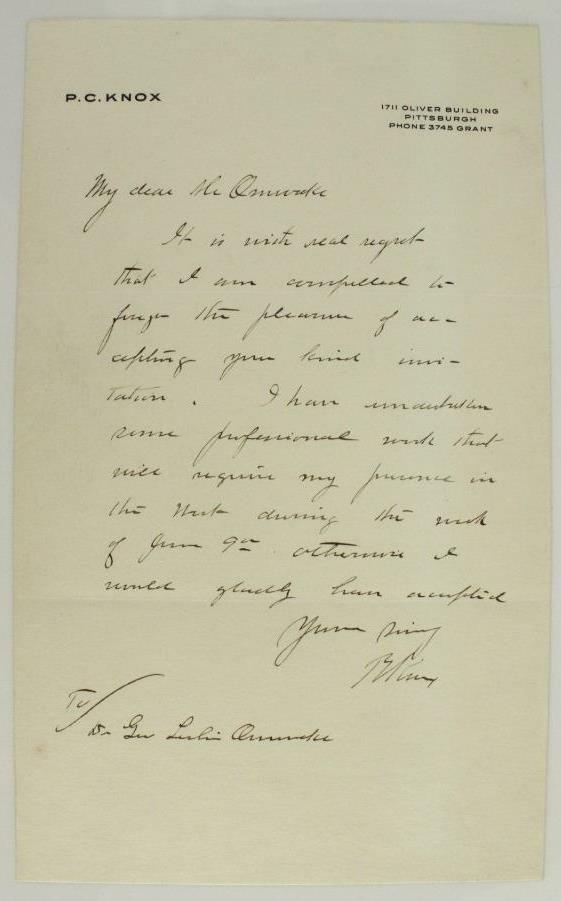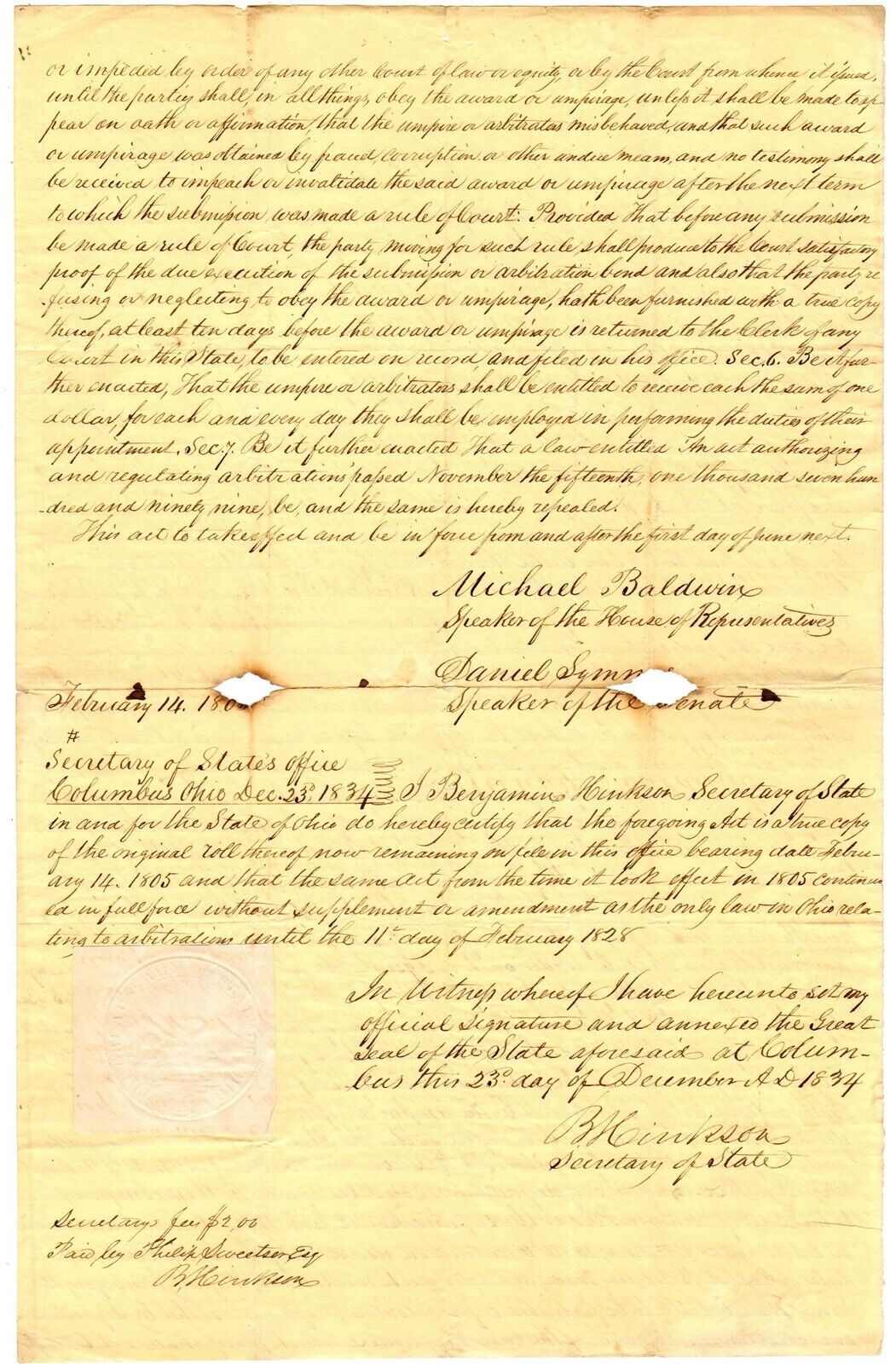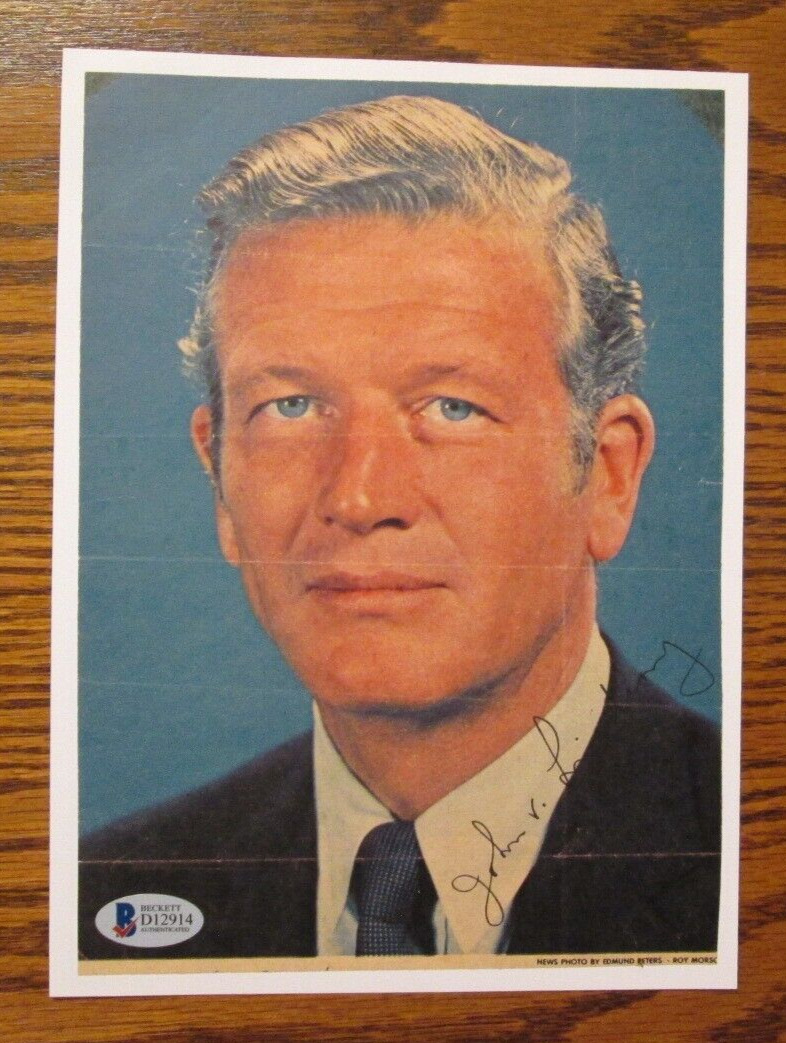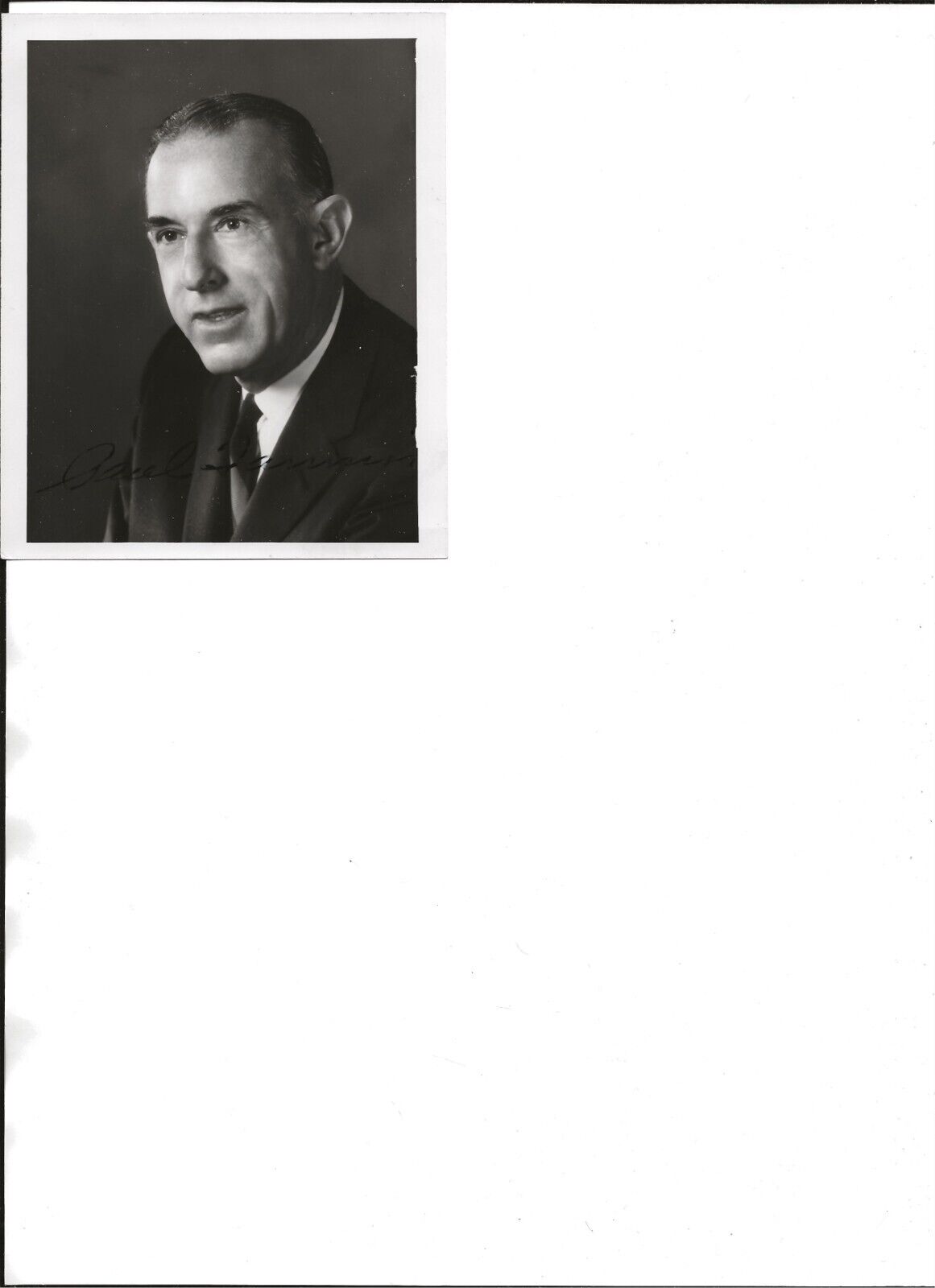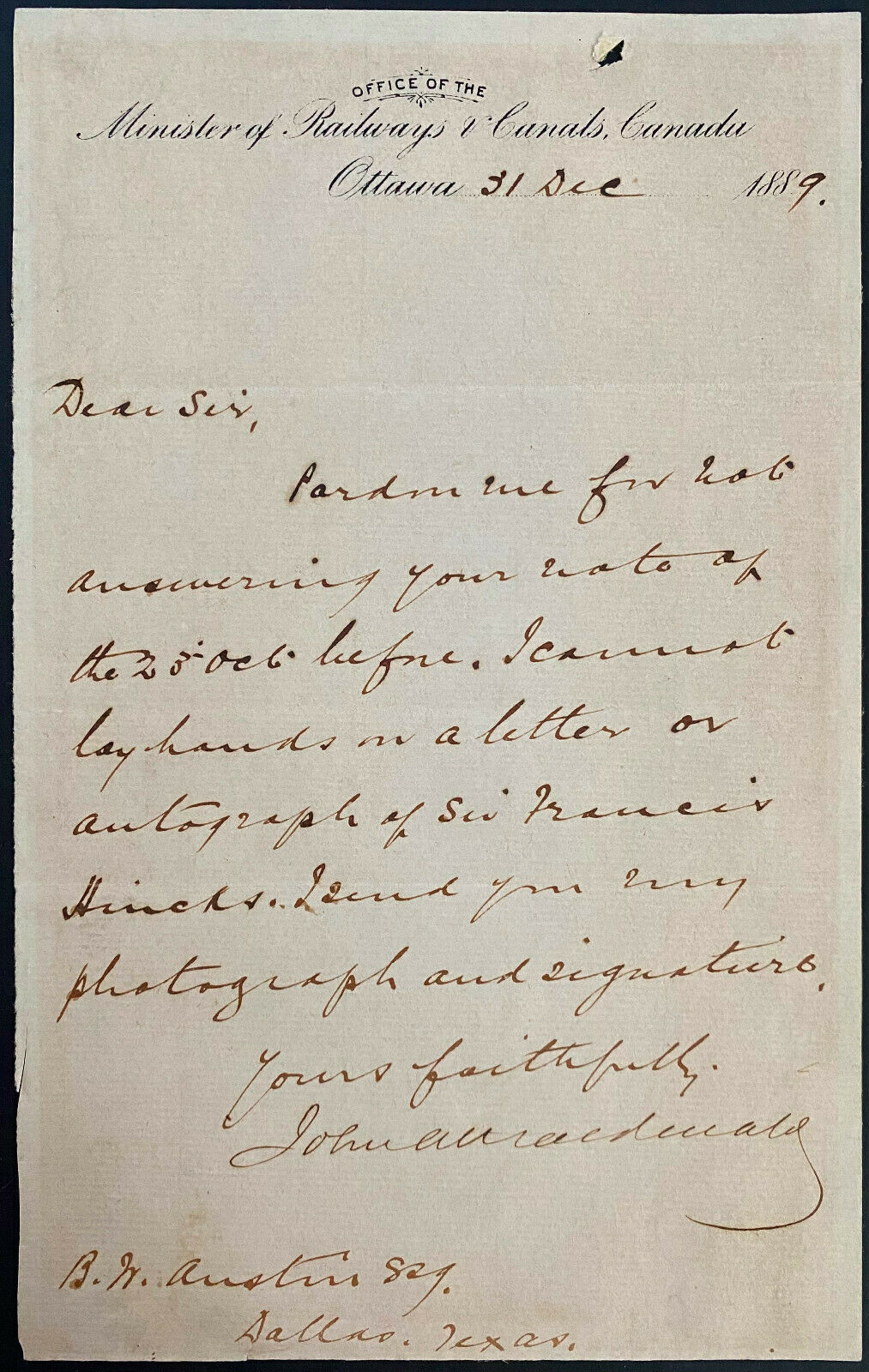-40%
Sam Rayburn Texas House of Representative Signed Letter 1950
$ 21.12
- Description
- Size Guide
Description
Sam Rayburn typed letter on The Speaker's Rooms letterhead, signed in blue ink, dated November 30, 1950. (Beautiful complete American Eagle watermark can be seen when held up to the light.)*Computer scan of photo reveals all aspects and condition.
*Non smoking environment.
*From large estate collection liquidation, no COA.
*Will combine shipping on multiple purchases, please let me know prior to payment so I can send combined item shipping invoice.
*Will ship internationally upon request. If you request international shipping methods other than what I have listed, can be negotiated prior to sale.
Samuel Taliaferro Rayburn
(January 6, 1882 – November 16, 1961) was an American politician who served as the 43rd
speaker of the United States House of Representatives
. He was a three-time House speaker, former House majority leader, two-time House minority leader, and a 24-term congressman, representing
Texas's 4th congressional district
as a
Democrat
from 1913 to 1961. He holds the record for the
longest tenure as Speaker of the United States House of Representatives
, serving for over 17 years (among his three separate stints).
Born in
Roane County, Tennessee
, Rayburn moved with his family to
Windom, Texas
, in 1887. After a period as a school teacher, Rayburn won election to the
Texas House of Representatives
and graduated from the
University of Texas School of Law
. He won election to the United States House of Representatives in 1912 and continually won re-election until his death in 1961, serving 25 terms all told. Rayburn was a protégé of
John Nance Garner
and a mentor to
Lyndon B. Johnson
.
Rayburn was elected House Majority Leader in 1937 and was elevated to the position of Speaker of the House after the death of
William B. Bankhead
. He led the House Democrats from 1940 to 1961, and served as Speaker of the House from 1940 to 1947, 1949 to 1953, and 1955 to 1961. Rayburn also served twice as House Minority Leader (1947 to 1949 and 1953 to 1955) during periods of Republican House control. He preferred to work quietly in the background and successfully used his power of persuasion and charisma to get his bills passed due to having to navigate the post-
Joseph Cannon
era when each individual committee chairman had immense power in the House.
Along with Senate Majority Leader Lyndon Johnson, Rayburn refused to sign the 1956
Southern Manifesto
and helped shepherd the passage of the
Civil Rights Acts of 1957
and
1960
, the first civil rights bills passed by the U.S. Congress since the
Reconstruction Era
(1863–1877).
[1]
[2]
Rayburn was also influential in the construction of
U.S. Route 66
. He served as Speaker until his death in 1961, and was succeeded by
John W. McCormack
. He is the most recent Speaker of the House to die in office.(wikipedia)
